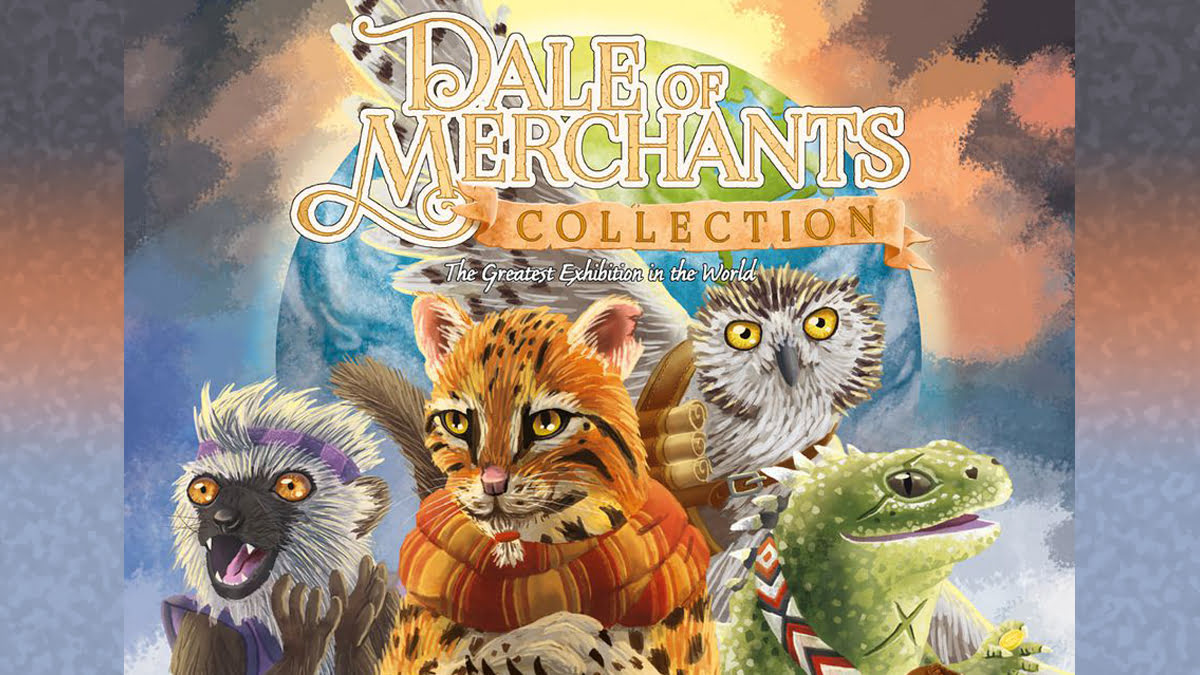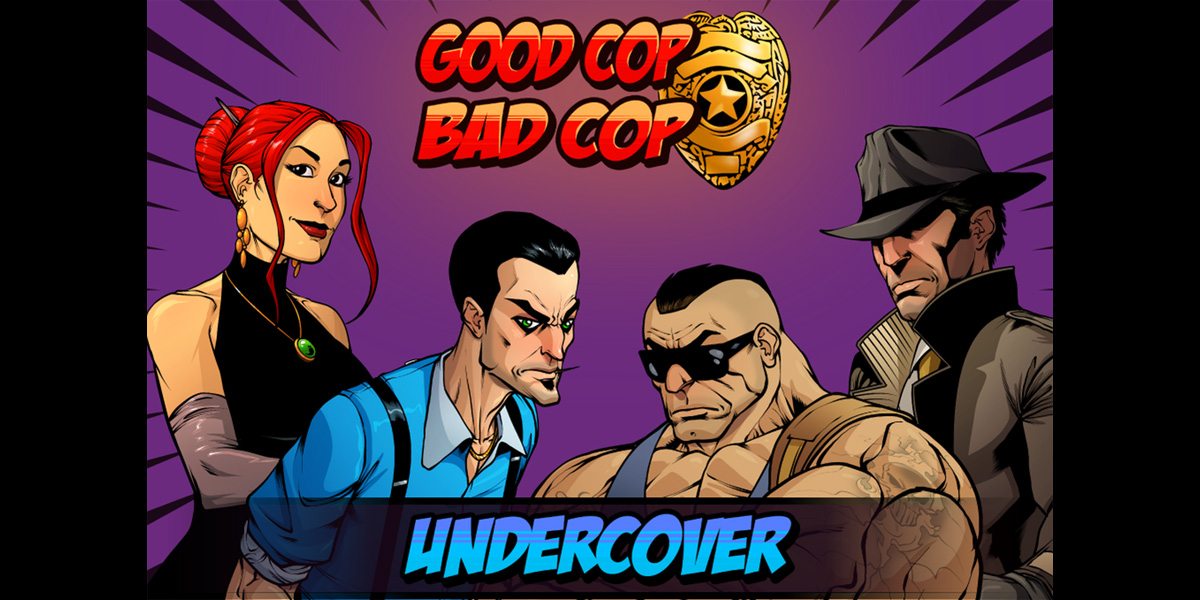Andrea Davis Pinkney (Author) Brian Pinkney (Artist)
“Right here, I′m sharing the honest-to-goodness. Me, Loretta. I look back first. Then there come more Littles. Each of us with our own go-tell-it, sharing how it was. Where our feet walked. What-all happened. And the road we′re going on, come tomorrow. After we′re through, it′ll be your turn to speak on what needs to be done for yourself and others when a new day dawns.” —Loretta
Thus begins this heartwarming, beautifully written narrative of the life of the Little Family. The Pinkneys, husband and wife, are famous for working together in this fashion: one writes, the other illustrates, and the results are always important.
This is the story of Loretta, of Roly, of Aggie B., of how they earned their right to vote.
“When seeds are nurtured, they grows into gifts. It′s that simple. We are seeds, if we choose to be.” —Roly
Three generations. Each speaking as in front of an audience (and I would love to see the theatrical adaptation of this tale), with monologues that weave as all our family narratives do, from the eyes of the person who lived them. The setting begins in cotton field in 1927 and ends at the presidential election of 1968. Of course, the journey from here to there is what matters, and their unique voices.
“The Littles are a family of passed-down, go-tell-it stories. From the time I was old enough to speak and repeat, I have known we are people who′ve made our way by boxing cotton and looking past the uncertainty of can′t see. We say what we mean, mean what we say, but we don′t say it mean. We′re courteous, but truthful.” —Aggie B.
In a mix of first-person narratives, spoken-word poems, folk myths, gospel rhythms, and blues influences, this telling shares a story that illuminates the dignity of sharecroppers in the rural South. It comes from oral tradition, but these monologues are something else entirely. Each chapter shows who will speak in a setting that seems ready for the theater: a sunset, the cotton field, or their home walls. And each memory is as distinct as the voice that tells it.
I had no idea voting was made so hard, if owning their land was made almost impossible, voting had surrealistic notions: every black folk who wanted to vote in the South had to pass an exam. A very complicated one, that relied on their inability to read and write and was buried in legal lingo; as a matter of course, the white voters didn’t need to pass said exam. The voter registration tests questions that appear in the story are a composite drawn from actual tests administered to African Americans in various southern states such as Mississippi and Louisiana.
“With a black sky folding in and around us, I remembered that you can only see stars when the sky is darkest. That was the tinkle that kept me going. If Cassius and Wilma and Aunt ′Retta and my pa could keep on, so could I. They were stars in this darkness, lighting my way.” —Loretta
Despite all the odds, the Littles knew a lot about hardship, and knew how to overcome it. Loretta guides her aunt through the process and achieves their voter registration. It took three generations and one long struggle, but to be free, to own their land, to have a say in it, was worth the tale.
Loretta Little Looks Back: Three Voices Go Tell It is on sale since September 29, 2020.
Product Details
Price: $17.99
Publisher: Little, Brown Books for Young Readers
Publish Date: September 29, 2020
Pages: 224
Language: English
Type: Hardcover
EAN/UPC: 9780316536776
BISAC Categories: People & Places – United States – African-American Family – Multigenerational. Historical – United States – Civil War Period (1850-1877)






